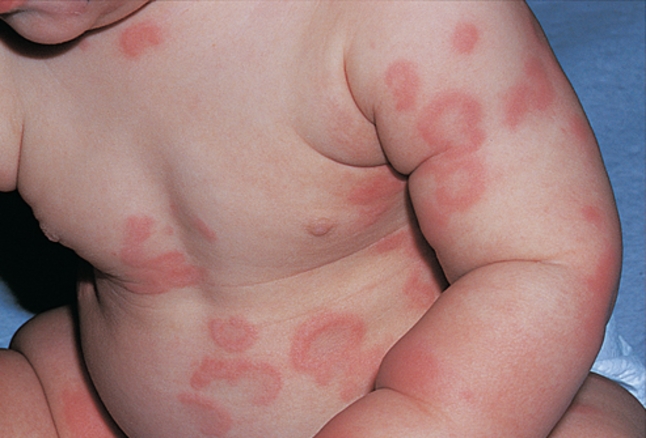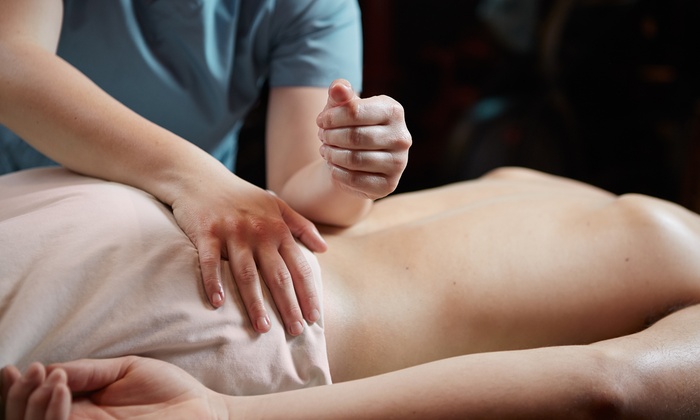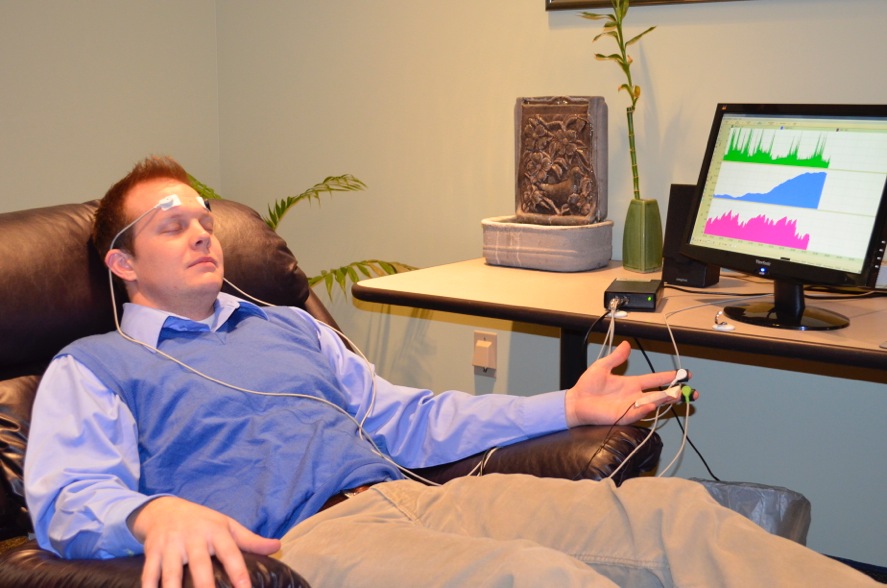Clinical depression is an illness that causes a person’s mood and behavior to change for long periods of lime. It’s mainly characterized by feelings of sadness, irritability, or indifference. Depression may result from a chemical imbalance
- In the brain, and episodes can be triggered by a traumatic event, prolonged stress, and other factors.
CONVENTIONAL APPROACH
To treat clinical depression, allopathic medicine relies on drugs, psychotherapy, or both. According to National Institute of Mental Health estimates, this treatment pro-gram is effective for about 80 percent of people with depression. The problem is most people with depression never seek treatment.
DRUG TREATMENT
Antide-pressants are used to correct chemical imbalances in the brain. Often they need to be taken for six to eight weeks before their effects begin, and treatment usually lasts 6 to 12 months or more. The three types of antide-pressants are
- tricyclics, such as desipramine and imipramine
- monoamine oxidase (MAO) inhibitors, including phenelzine and tranylcypromine
- serotonin reuptake inhibitors, such as fluoxetine (Prozac) and serifaline
Depending on the drug, the side effects can include blurred vision, drowsiness, insomnia, impotence, abnormal heartbeat, and increased blood pressure, among others. To treat manic depression (a type of depression with severe mood swings), several other drugs may be used, including lithium and anticonvulsants.
PSYCHOLOGICAL TREATMENT
Talking with trained therapists about one’s symptoms, behavior, history, and future may help some people with depression. Areas of concern may include negative thinking and unhappy personal relationships.
ALTERNATIVE APPROACHES
The following alternative medicine treatments for depression should be accompanied by regular exercise, relaxation measures, and participation in support groups.
NUTRITIONAL THERAPY
Nutritional therapy offers a lot of promise for treating clinical depression that is triggered by chemical imbalances in the brain or nutritional deficiencies. Whereas allopathic medicine uses drugs to correct the brain’s chemical upsets, nutritional therapy employs nutritional supplements to do the same thing. Here’s how the theory goes: The body requires certain building-block chemicals before it can make important biochemicals. For example, the amino acid tryptophan is , needed for the synthesis of serotonin, a mood-regulating chemical in the brain. So, adding this amino acid should help reestablish a healthy balance of brain chemicals.
Many nutritional practitioners report positive results with ‘ this approach. In addition, researchers have found that some people with depression are deficient in one or more nutrients, several of which play a role in the function of certain brain chemicals. These nutrients include
- ascorbic acid (vitamin C)
- cyanocobalamin (vitamin B12)
- folate (vitamin B9)
- niacin (vitamin B5)
- pyridoxine (vitamin Bo)
- riboflavin (vitamin B2)
- L-tyrosine
- DL-phenylalanine
Depending on the deficiencies, supplementation is recommended. A nutritional treatment program for depression may also include an investigation into food allergies and low bloc sugar, among other possible causes.
A high-potency B-complex supplement combined with one of two amino acids—L-tyrosine (1,500 mg twice daily) or DL-phenylalanine 1,000 mg twice daily)—can be effective. Take the doses in the morning and afternoon, as they can cause insomnia.
HERBAL MEDICINE
Several herbs can restore function to the nervous system, case muscle tension, and promote sleep, among other mood-altering actions. Patience is required, however, as they usually work slowly. St. John’s-wort has long been used to treat emotional upsets. This herb’s flowering tops are commonly taken in the form of a tea or tincture. According to a recent clinical study, St.- John’s-wort eased the symptoms of mild to moderate depression for two-thirds of the people tested. Other helpful herbs include borage, lady’s slipper, oatstraw, skullcap, valerian, vervain, and ginkgo.
For someone with mild to moderate depression, an herbalist may prescribe taking 300 mg of St.-John’s-wort three times a day. Look for standardized extract in capsules (standardized to at least 3 percent hypericin).
HOMEOPATHY
Homeopathic treatment for depression stimulates the mind and body to return to a healthy, fully functioning state. For example, a homeopathic remedy may help someone open up to express themselves better and talk about troubles and concerns, thereby furthering the recovery process. This therapy uses highly diluted doses of natural substances, which would cause the symptoms of depression if given in full strength to a healthy person. The substances are from plant, mineral, and animal sources.
A remedy is tailored specifically to individual patients and depends on their particular emotional and physical symptoms, as well as their general state of health. Common remedies for depression include china officinalis, ignatia amara, natrum muriaticum, pulsatilla nigricans, aurum, and sepia.
For acute depression or grief associated with loss, take ignatia, 30c, twice daily at least 20 minutes apart from meals (30c refers to potency). Take if for a week; less if symptoms improve.
WAVE THERAPY
Light therapy is particularly effective for people with seasonal affective disorder—a depression triggered by a lack of light that usually occurs during months with fewer hours of daylight. A typical treatment calls for sitting in front of a full-spectrum fluorescent light (one that’s approximately 12 times brighter than ordinary indoor light) for about two hours per day. This therapy is widely used by both conventional and alternative medicine.
Here’s some helpful light therapy tips for people with seasonal affective disorder: • Exercise outdoors each day around noon. • Trim trees and bushes that prevent sunlight from coming through windows. • Plan a winter vacation in a sunny, southern location.
OTHER THERAPIES
Aromatherapy—Essential oils from benzoin, bergamot, lasmine, and neroli may be helpful. They can be added to baths, mixed with steaming water and inhaled, or massaged into the boy.
Bodywork—Massage can ease depression, as shown in recent clinical studies.
Guided Imagery and Creative Visualization—Mental exercises can encourage relaxation and improve outlook.
Yoga—Postures and breathing exercises instill energy and confidence and reduce stress.














